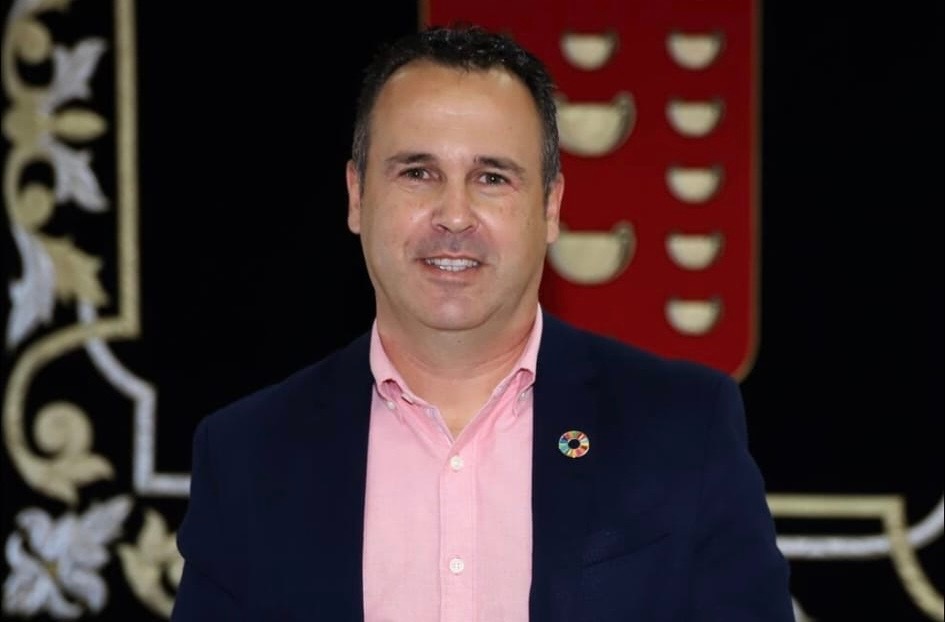The Association of Directors and Managers in Social Services Calls for Debt Write-offs to Fund Social Policies

Santa Cruz de Tenerife/Madrid, 8 Sep. (EUROPA PRESS) –
Canary Islands ranks as the second autonomous community with the highest increase in spending on social policies between 2019 and 2024, seeing a rise of 35.5%, equating to a total of €883.3 million. This figure is noted in a study conducted by the Association of Directors and Managers in Social Services, which reveals that since 2010, funding for Health, Education, and Social Services has decreased by 8.3 percentage points.
In 2024, the archipelago allocated 62.2% of its budget to social policies. However, it ranks eleventh in spending per capita, with a total of €3,363.3.
In terms of comparison to 2009, social spending in the islands has risen by 48.2%, which translates to €883.5 per inhabitant.
Breaking it down by sector, over the past five years, the budget for health in Canary Islands has risen by 31.9%—an increase of €1,052 million; in education, by 35.2%—€615.9 million more; and in social services, by 71.5%—€302.4 million additional.
In this context, the Association of Directors and Managers in Social Services has urged that the costs of servicing regional governments’ debts should be redirected towards investment in social policies, which experienced cuts of €2.364 billion in 2024 alone.
According to the association, the cost of debt has risen by €315 million in 2024 compared to the previous year, now constituting 15.29% of the total budget of the autonomous communities, resulting in a debt cost of €40.640 billion. This figure is “twice that spent on Social Services and 50% of what is dedicated to Health.”
Consequently, they argue that a reduction in cost from a write-off of nearly €85 billion in regional debts would enable “a significant reinforcement of social policies in health, education, and social services (dependency) by increasing their budgets to recover cuts made in recent years.”
For the association, disparities in service provision among regions are “evident,” with the Community of Madrid being the lowest investor in social policies, spending €574 less per capita than the national average. This is followed by Catalonia (€2,940.8 per capita) and Andalusia (€3,158). Navarra (€4,500), the Basque Country (€4,343.5), and Extremadura (€4,124.1) are the top investors per capita.
The study reveals that while in 2010, two out of every three euros were allocated to these policies, by 2024, the amount designated for education, health, and social services has decreased by 8 percentage points.
This trend has “intensified in 2024,” according to Social Services directors, where there was an increase of €9.753 billion in the budgets of autonomous communities. However, “only the budget dedicated to social policies was reduced by €2.364 billion.”
According to the report, between 2014 and 2020, there have been recorded increases in the liquidated budgets of autonomous communities. In the subsequent years, motivated by state budgets, this rose to €159.339.8 billion in 2023.
Nevertheless, the study warns of “a halt in 2024 and 2025 due to the absence of the General State Budgets,” alongside a downward trend since 2010, where the percentage of the budget devoted to these types of policies was 67.4%, while in 2024, this figure has dropped to 59.1%.
Social Services managers believe that although the “health and social crisis caused by Covid-19 demonstrated the importance of expenditure on essential public services in health, education, and social services,” the increase in spending on these policies managed by the autonomous communities “has only been 14.5% between 2020 and 2024, whereas the increase in spending on other policies was 62% during the same period (4.5 times more).” This “highlights the diminishing weight of social spending within autonomous communities,” they have warned.
SPENDING PER CAPITA
The Association admits that in the past five years, all autonomous communities have increased their investments per capita in social policies. However, this increase has not been uniform. Extremadura (+37.9%), Canary Islands (+35.7%), and Navarra (+35.3%) stand out for their increases, while Catalonia, Murcia, and Madrid lag behind.
Differences in per capita spending on social policies between autonomous communities range from €2,703 in the Community of Madrid to €4,500 in Navarra or €4,343 in the Basque Country. Among the communities under Common Regime, Extremadura (€4,124), Asturias (€3,960), and Cantabria (€3,702) are notable. At the bottom of the economic investment ladder for social policies per capita in 2024 are Andalusia (€3,158), Catalonia (€2,941), and the Community of Madrid (€2,703).
The most significant decline in the percentage of the budget dedicated to health occurred between 2012 and 2024, dropping from 37.3% of the total for autonomous communities to 30.9% (a decrease of 6.4 percentage points).
In education, this difference has reduced from 23.9% of the budget in 2010 to 20.4% in 2024 (3.5 points less). Social services was the only social policy to see an increase in its share of regional budgets, albeit “only” by 0.5 points in 2024 (7.8%) compared to 2011 or 2019, when it was 7.3%.
DEBT REPAYMENT
The entity has highlighted that, over the last five years, economic stability has allowed budget allocations to other spending areas rather than debt repayments, which “only” increased by €29.14 per capita. This is “in contrast to other times in the historical series when significant increases occurred.”
“However,” managers have warned that “the largest increase in budgets over the last five years has not gone to social policies but to other areas, and the budgets of the autonomous communities are becoming increasingly less social.”
Thus, according to the data presented, while the increase in other policies was 42.1%, the total allocated to social policies increased by only 28.2%—with 39.2% for Social Services, 30.1% for Health, and 27.1% for Education.
They also reminded that in 2024, the cost of the debt increased by €315 million compared to the previous year, reaching 15.29% of the total budget of the autonomous communities, with a debt cost of “€40.640 billion, double what is spent on Social Services and 50% of what is allocated to Health.”














